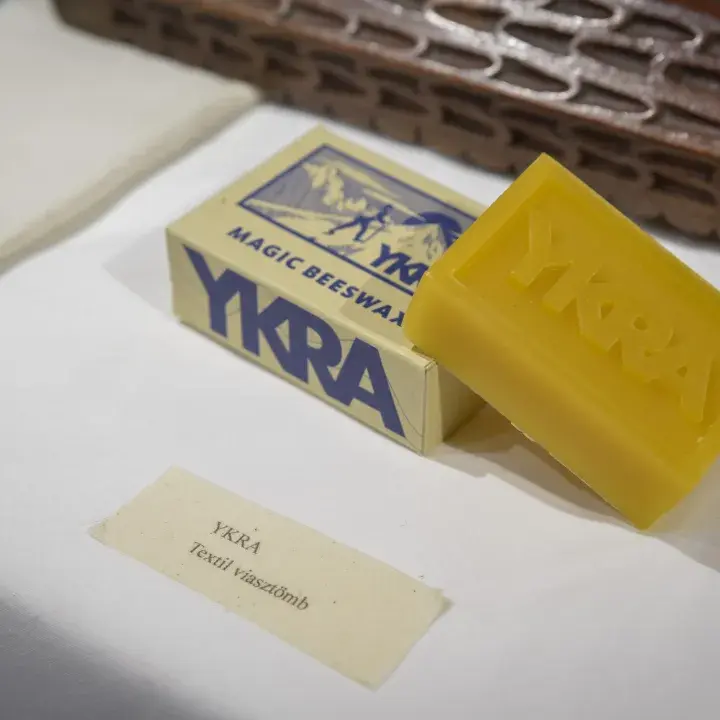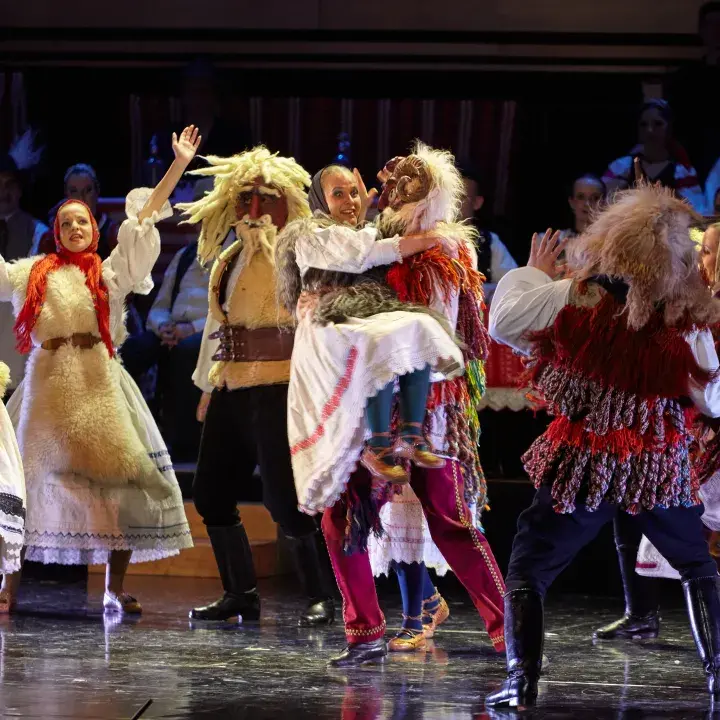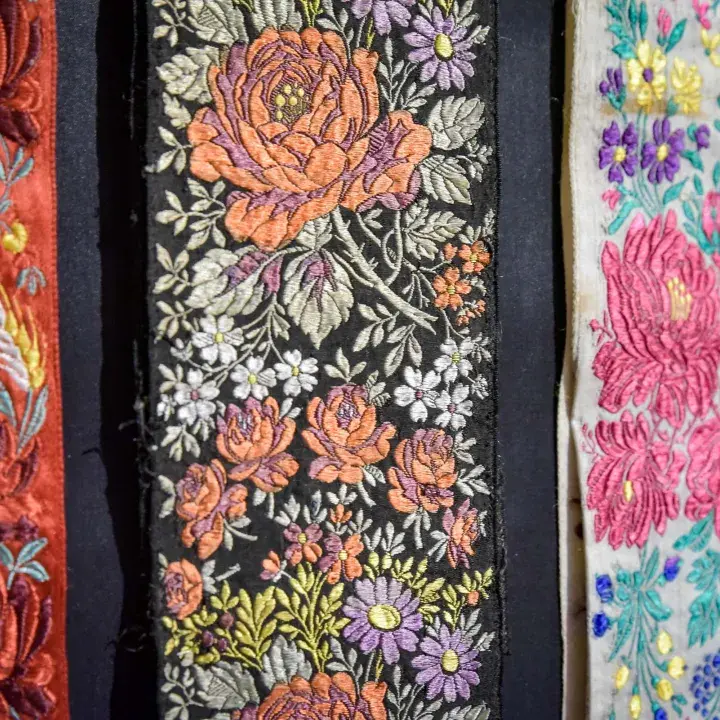At traditional fairs, toys were usually available at bazaar stalls run by small-scale merchants selling a variety of goods. Toy whips, toy rifles, wooden horses, wooden toys, whistles, balls, dolls, doll houses could be bought at these fairs. We selected masterfully crafted from natural materials toys for the exhibition which were made by today’s folk applied artists. Toys affect our social relationships, shape our personalities, bring us joy and a sense of freedom, and develop our imagination and creativity. The decoration of toys often reflects the patterning techniques and pattern set of everyday furniture and household objects. This is how, for example, geometric carved motifs once used on wooden storage chests found their way onto children’s chairs, rocking horses, and miniature furniture — just as the painted designs of folk furniture were transferred onto the tiny furnishings of dollhouses. As you walk past the toys, you might almost hear the echo of the bazaar vendors' calls:
"Seven! Seven! Every piece is seven!
Seven’s the price — fair and plain,
Seven will take it, don’t complain!
Seven! Seven! Every piece for seven [kreutzers]!"
Who wouldn't want to try the toys you can see here? Roleplay comes to life through the two dollhouses, miniature furniture, and the animals and tools from around the household.
Here you will also find wooden toys made by Lóránt Tóth, who uses only natural materials, especially the wood of fruit trees, and through his works, he lets the wood grains, the colours and the natural beauty of the material prevail.
Zsuzsa Kolumbán learned the craft of doll-making from her mother. To create her dolls, she regularly studies the collection of folk costumes in the Museum of Ethnography. Her work showcases the traditional clothing of various Hungarian ethnic groups and national minorities, crafted in a way that makes them suitable as decorative pieces in modern homes. With her life scenes, she also gives insight into the traditions and feasts of village life. She is not the only artist represented here — our collection includes dolls in folk dress by other makers as well.



